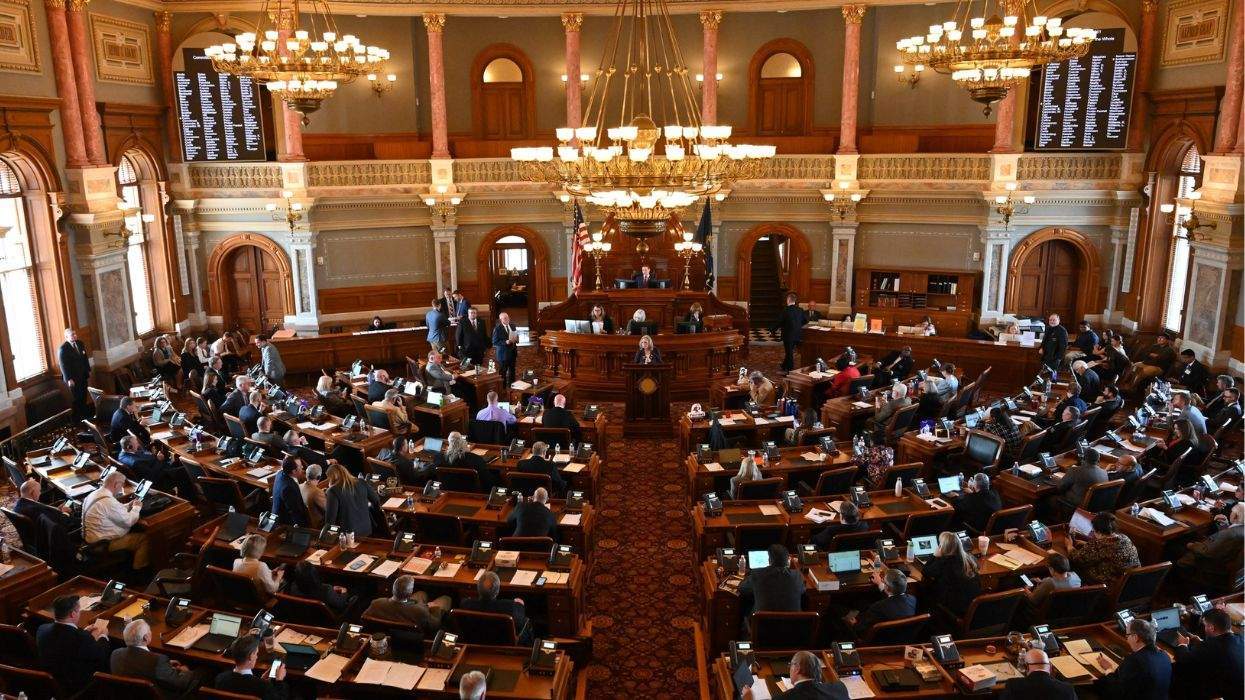Richard Holbrooke, former U.S. ambassador to the United Nations, told Russians on Thursday that their country is losing the battle against HIV/AIDS because of government inaction and a lack of public awareness.
''You are in terrible, terrible danger here in Russia,'' said Holbrooke, who now heads an international group that promotes partnerships between the government and private sector to combat HIV/AIDS and other infectious diseases. ''I'm terribly sorry to say this -- this is not a political statement.''
Officially, Russia had about 390,000 registered cases of HIV infection as of August 2007. But international experts say the true number of HIV carriers is closer to 1.6 million and is expected to grow by 30% by 2010.
With 80% of Russia's HIV cases among people age 15 to 30, the disease poses a threat to Russia's economic competitiveness, according to the Global Business Coalition on HIV/AIDS, Tuberculosis, and Malaria.
Clyde Tuggle -- Coca-Cola's president in Russia, Ukraine, and Belarus -- said businesses are major stakeholders in the global battle against AIDS. He said his company had a ''very selfish motivation'' for joining the Global Business Coalition initiative in Russia.
''My business is dependent on one thing: the sustainability of this community, on a successful, healthy, and prosperous Russia. Without that I will have no business,'' he said, speaking with Holbrooke at a conference in Moscow organized by the GBC.
HIV/AIDS is spreading faster in Russia and Ukraine than anywhere else in the world, and 90% of HIV carriers in these countries will not know they are infected until they get full-blown AIDS, said Holbrooke, who heads the GBC, an alliance of 220 international companies.
''Over the next few years, they will be spreading it unintentionally--and on and on and on,'' he said. ''It's a bottomless pit.''
Vladimir Pozner, a prominent Russian journalist who moderated Thursday's event, said he was upset by the notable absence of Russian business leaders.
''They did not come because they were not told [by the authorities] to come. Otherwise, they would have come,'' he said. ''But partnership isn't when the government tells business what to do.'' (AP)














